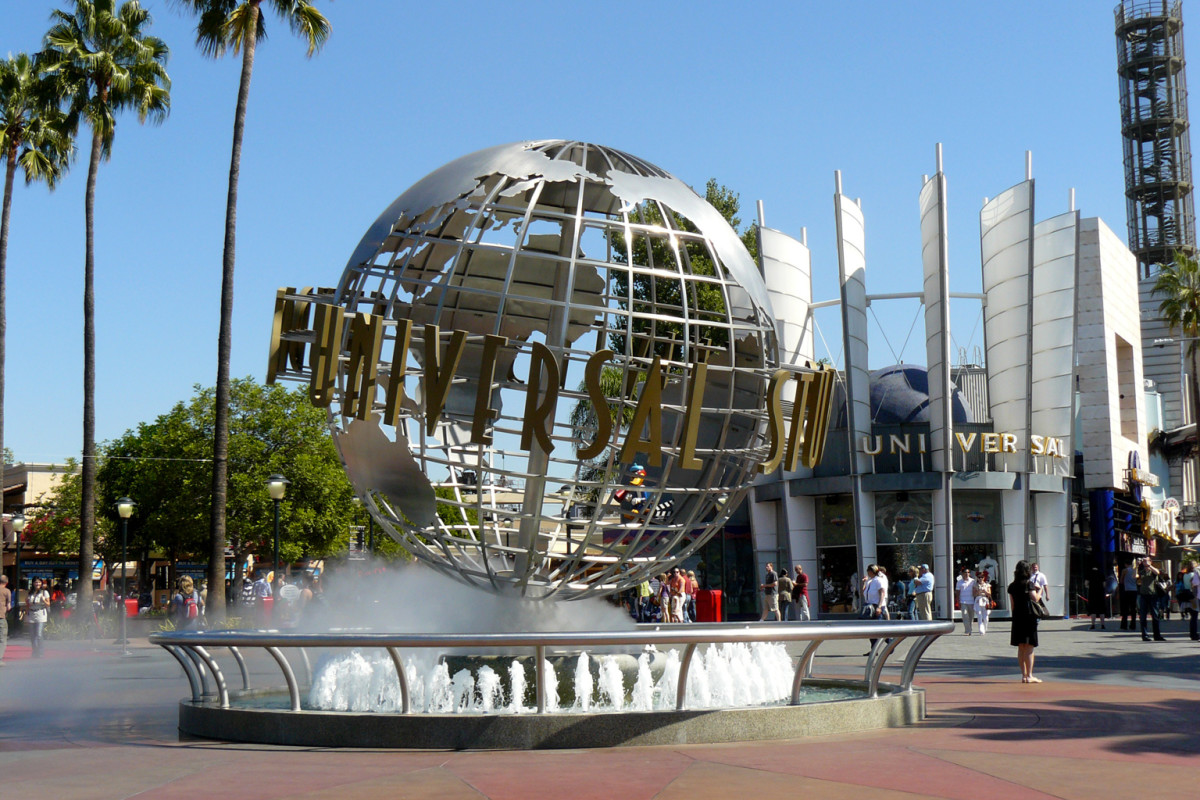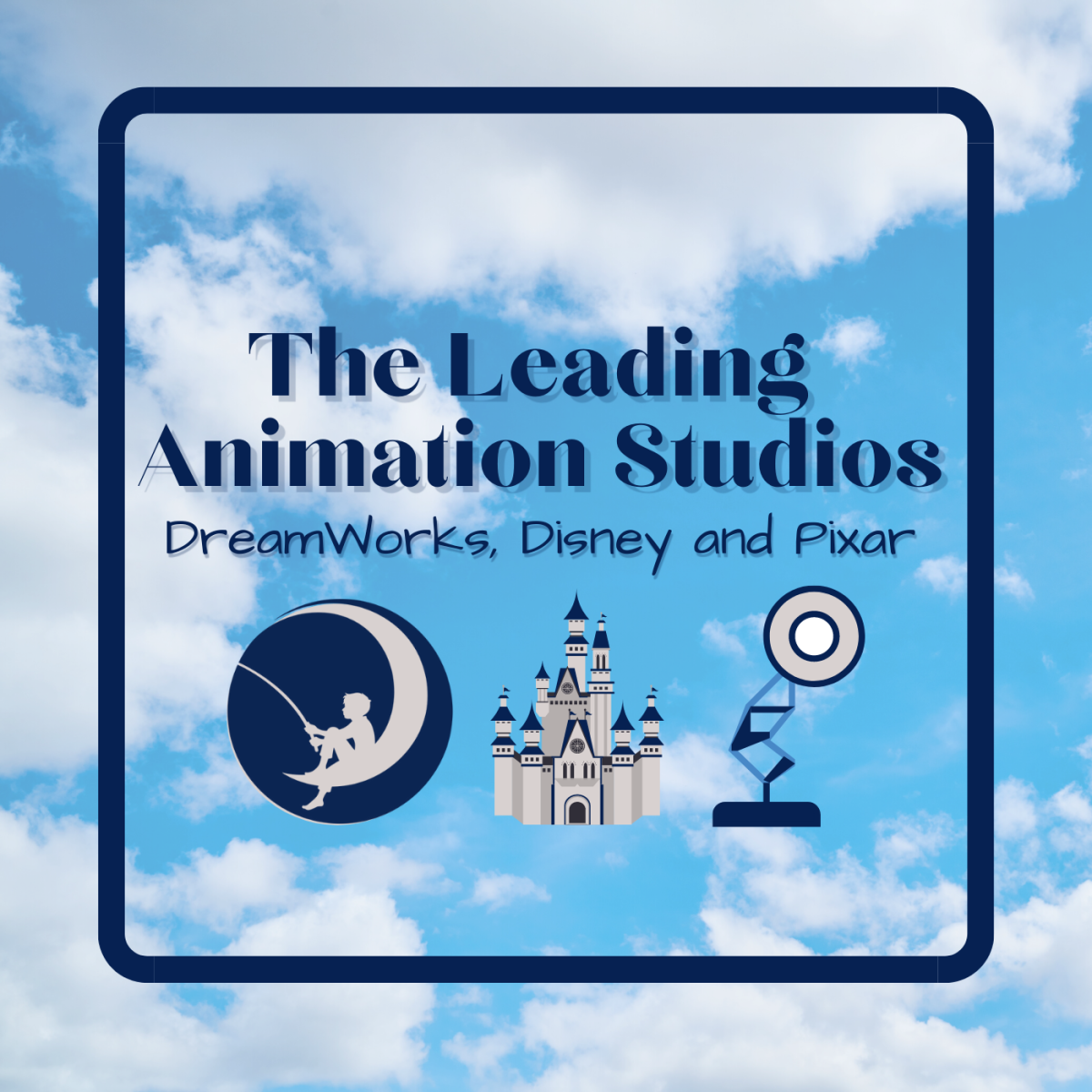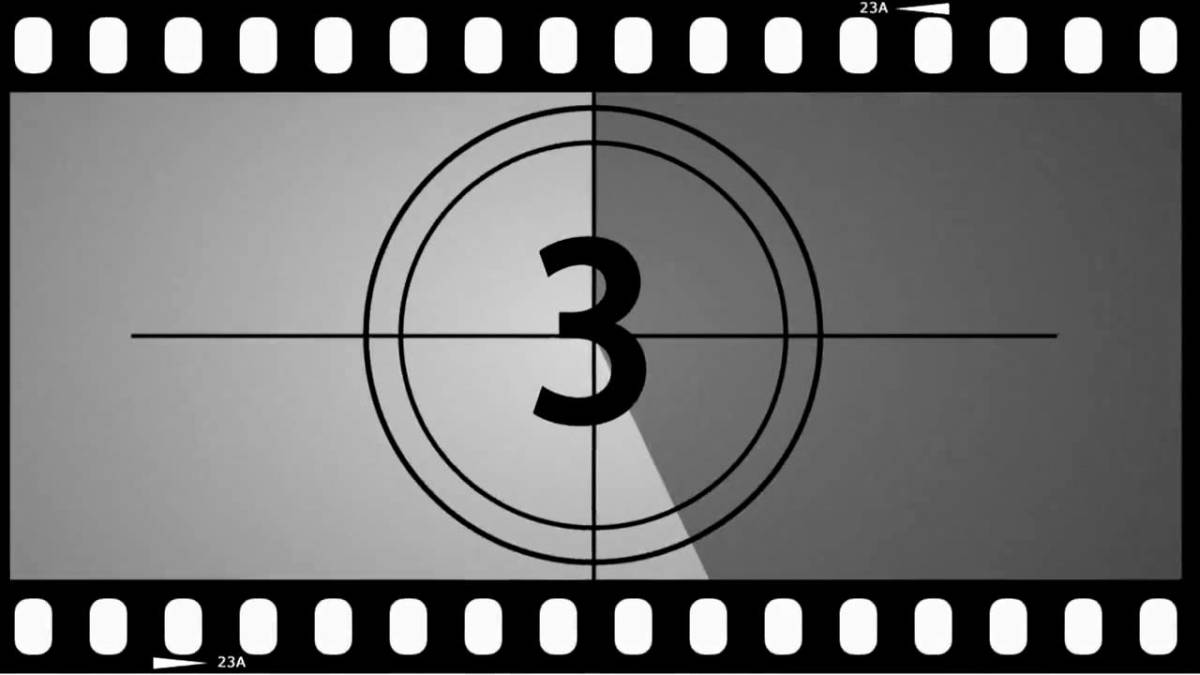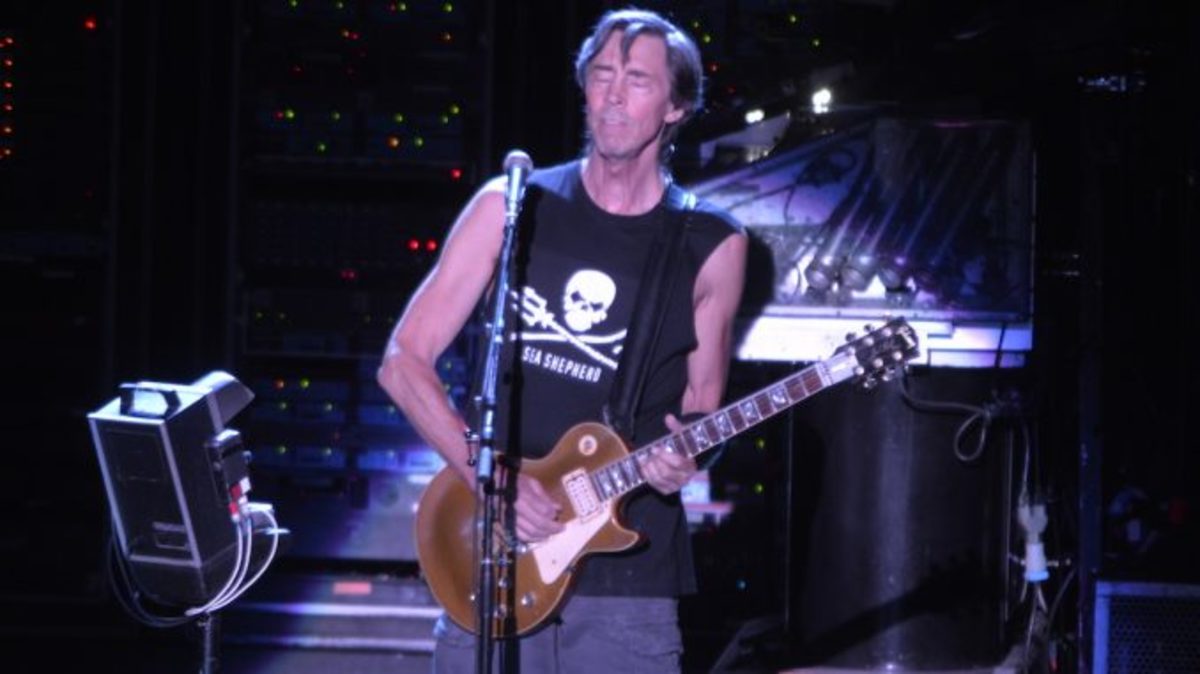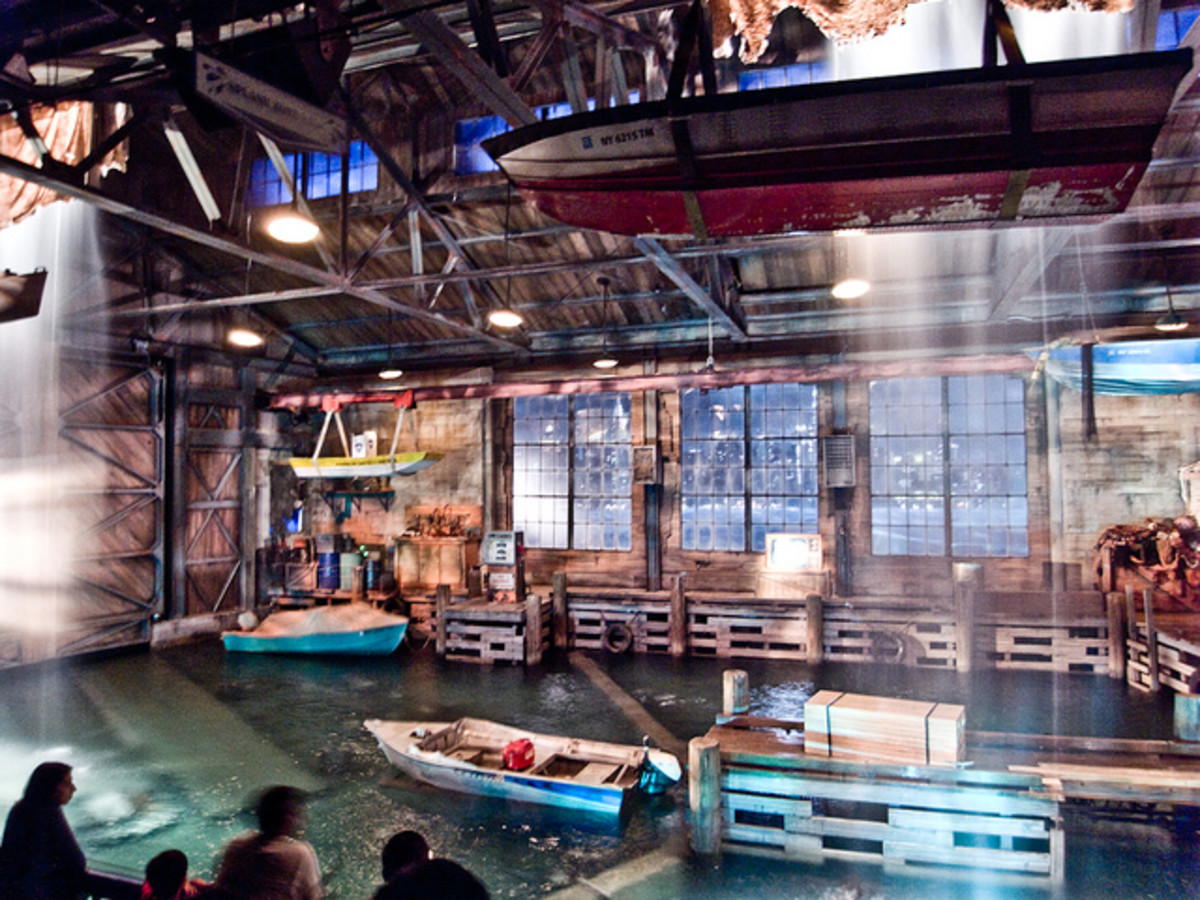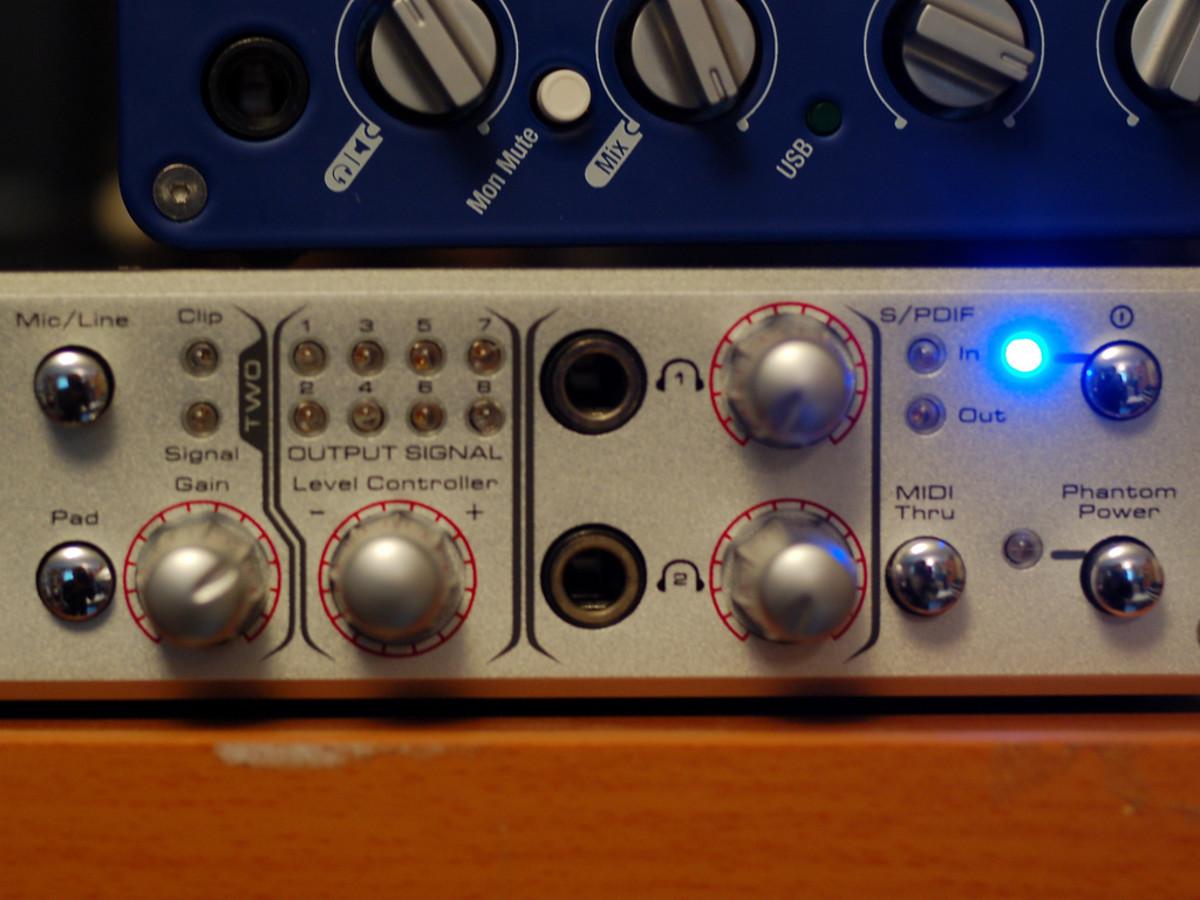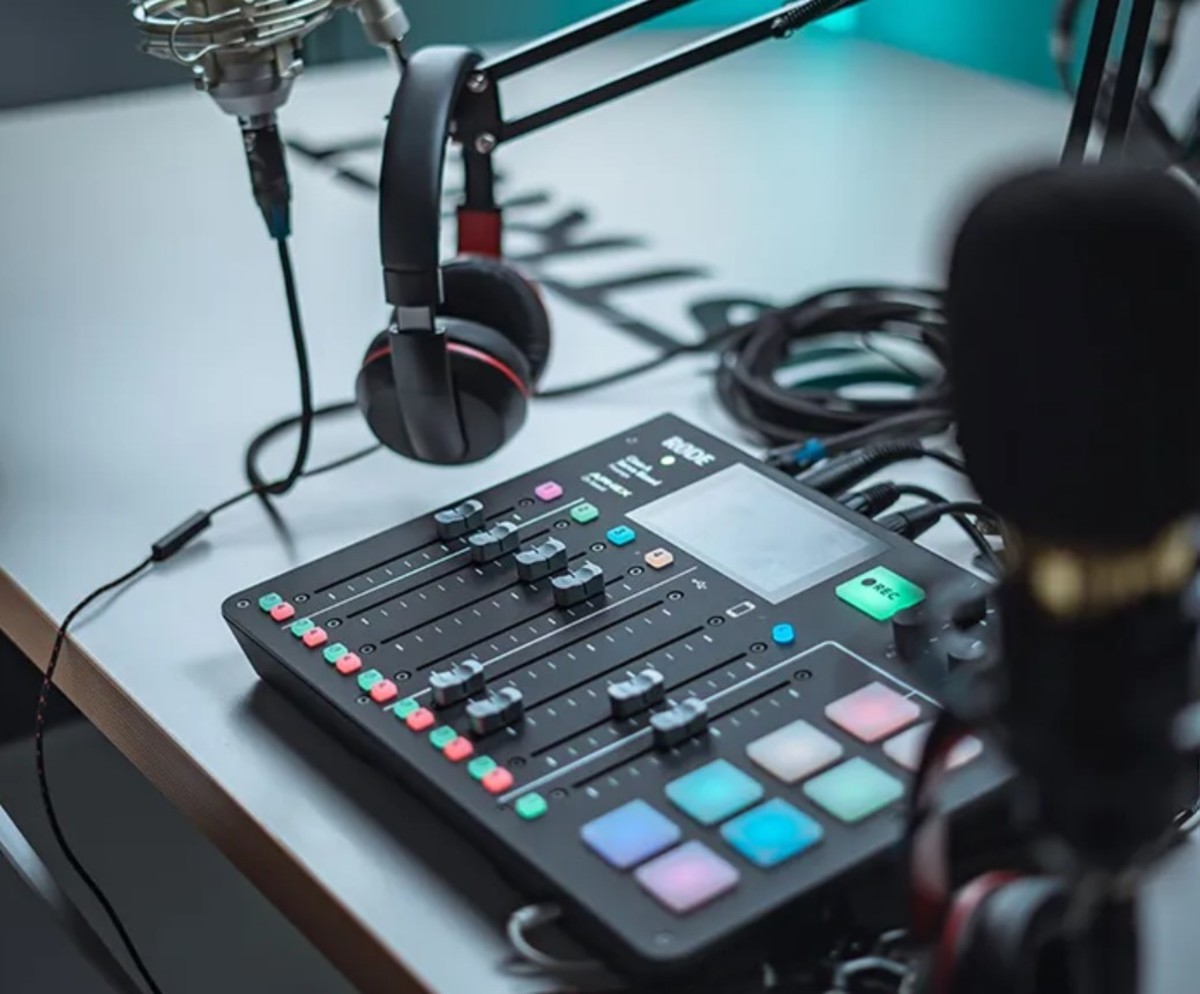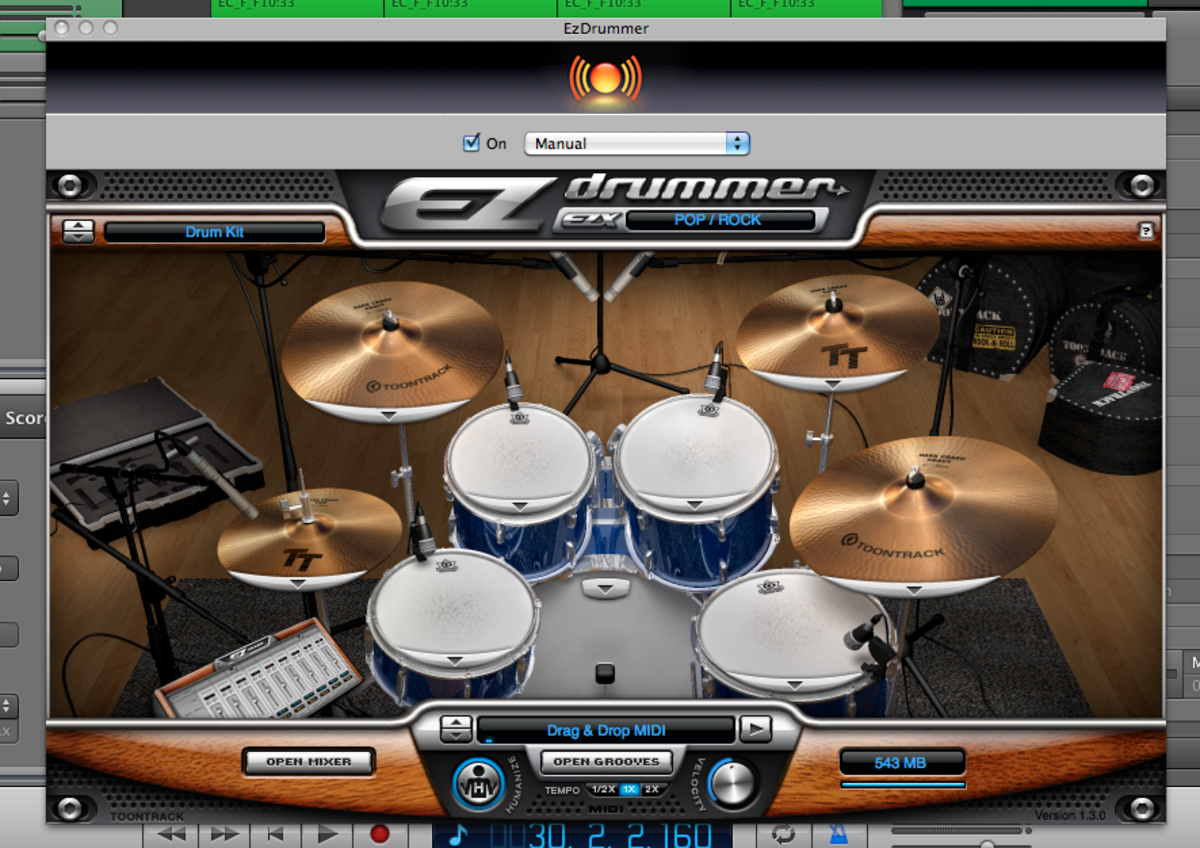The Importance of Tracking and Mixing
Tracking
The most important part of the tracking process is getting a perfect sounding drum track. Without this the song will have no foundation and will end up sounding weak in the final recording. The drummer ideally needs to play along to headphones with the same amount of enthusiasm as he does when he plays with the actual band to get the right sound. You should record numerous takes and choose the one that has the qualities you want. If the other tracks such as your vocals or guitars are not perfect they can always be rerecorded during a later session and overdubbed but if you don’t have a perfect drum track foundation this is a pointless endeavour.
The instruments and the vocals can be overdubbed at a later stage in even the smallest of studios but the drum track is almost impossible to punch-in and fix without using the digital editing equipment that is generally only found in larger studios. It can easily be done, however it works out expensive and time consuming.
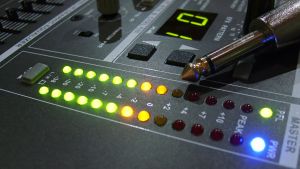
Mixing
In order to end up with professional recordings you need high quality songs and top-notch mixing. The mixing process can only happen when the tracking and overdubbing is completely finished but as it can be very time consuming you must budget sufficiently for it. Rushed mixing can ruin the whole project so don’t put yourself in the position of having to race through it because your time is nearly up. Similarly don’t be in a rush to finish it so you can save a bit of money and get your master tapes that little bit quicker; you’ve done all the hard work so it would be a tragedy to mess up now. Leave a day or two between finishing the tracking and starting the mixing so that your ears and the engineer’s ears can recover and return to normal. You may not feel it but after a long day tracking your ears will hear things differently and this can make a song that sounds good at the time sound awful a day later.
The amount of time you spend mixing each song will depend on its individual complexity but you should budget at least 3 or 4 hours per song. Don’t go mad and spend a whole afternoon getting one small section absolutely perfect at the expense of the rest of the song; you can always come back at a later date and change it again.
An important thing to look for when choosing a studio to do your mixing is its level of automation.
Automation
Mixing a song with numerous instruments and multiple vocals can prove quite difficult for even the most skilled engineer if the studio does not have an automated mixing console because automation allows:
- The engineer to concentrate on individual instruments and small sections of a song as apposed to the entire thing.
- Any volume adjustments and changes in channel status to be recorded so that when the song is played back the exact same events are recreated. This then allows the engineer to concentrate his efforts on other sections of the song or on the next channel.
- Any changes that are made and recorded to be changed again or fine-tuned until the mix is exactly as the band wants it.
Total recall consoles record every aspect of the mixing console in a computer meaning that it can be recalled at any time. In addition to volume adjustments and channel status things like equalisation, and effects sends can be memorised as well.
Studios without this technology can still mix your songs for you but it will take considerably longer. The engineer has to set and change everything manually according to what section of the song is being mixed. Even so the extra hours in a basic small mixing studio may still be cheaper than hiring a high-tech studio, especially if your songs only have two or three instruments and a vocalist. Unfortunately however complex songs with numerous instruments may prove to be to difficult to do without the help of automated mixing equipment.
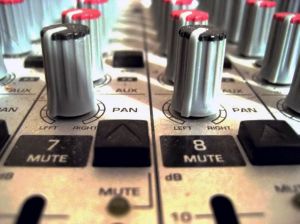
Many smaller studios are now able to afford automated mixing consoles and produce mixes of the same quality as the bigger studios but for a lot less money. Lately, more and more pro-audio manufacturers have developed automated digital consoles that are designed to interface directly with the most popular digital multitrack recorders used by all sizes of studios. While they are still relatively expensive they are not so expensive that small studios cannot afford them. When this is put together with a talented engineer and other quality studio equipment your mix will sound just as good as one mixed on the most elaborate of consoles.
Small studios will probably have an automated mixing console but it may not be a total recall console described above. This is not a problem though as you can get the same quality of mix from even basic consoles although it might take you a little longer. The bonus is that this will probably still work out cheaper than using a large studio with a top of the range mixing console because they have many more overheads to cover.
This hub brought to you...
by Julie-Ann Amos, professional writer, and owner of international writing agency www.ExquisiteWriting.com
Why not create your own HubPages? It's fun and you can make revenue from Adsense and other revenue streams on your pages. JOIN HUBPAGES NOW - SIMPLY CLICK HERE...
Click here to add this page to StumbleUpon
This work is licenced under the Creative Commons Attribution-Non-Commercial-No Derivative Works 3.0 Unported License. To view a copy of this licence, visit http://creativecommons.org/licenses/by-nc-nd/3.0/ or send a letter to Creative Commons, 171 Second Street, Suite 300, San Francisco, California 94105, USA.


